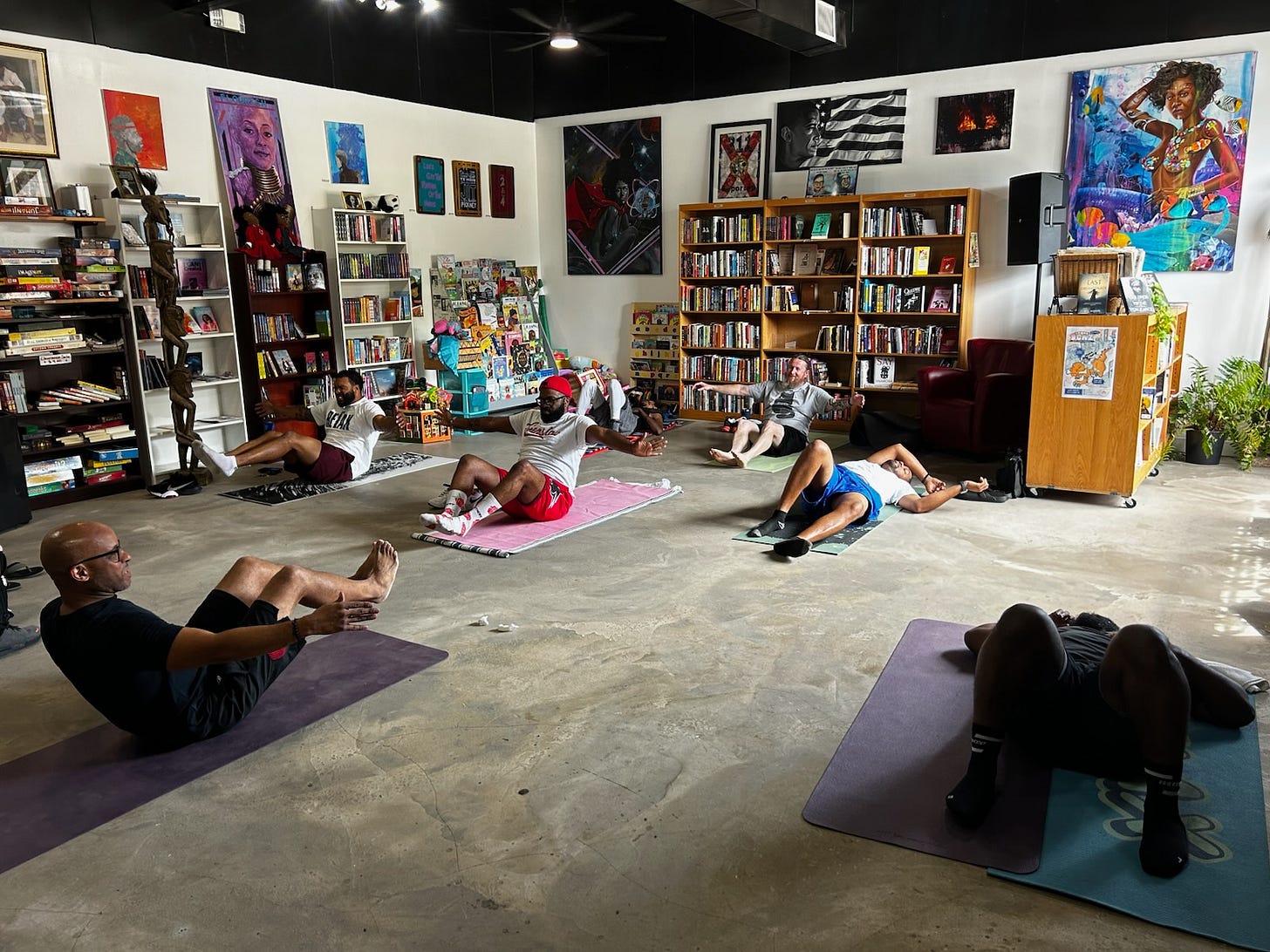Reclaiming Space: Black-Led Third Places Are Restoring Community, Culture and Connection
In a time when Black identity is under attack, organizers are turning public and private spaces into powerful centers of belonging and liberation.
As Black people, our grounding in community and collective spaces has always been our saving grace. Generally defined as other spaces outside of home, work or school where people can gather in community and build connections with others, third spaces have been in decline for many years. Barriers to sites of belonging and sys…





